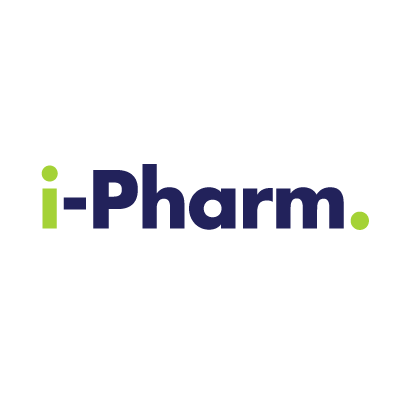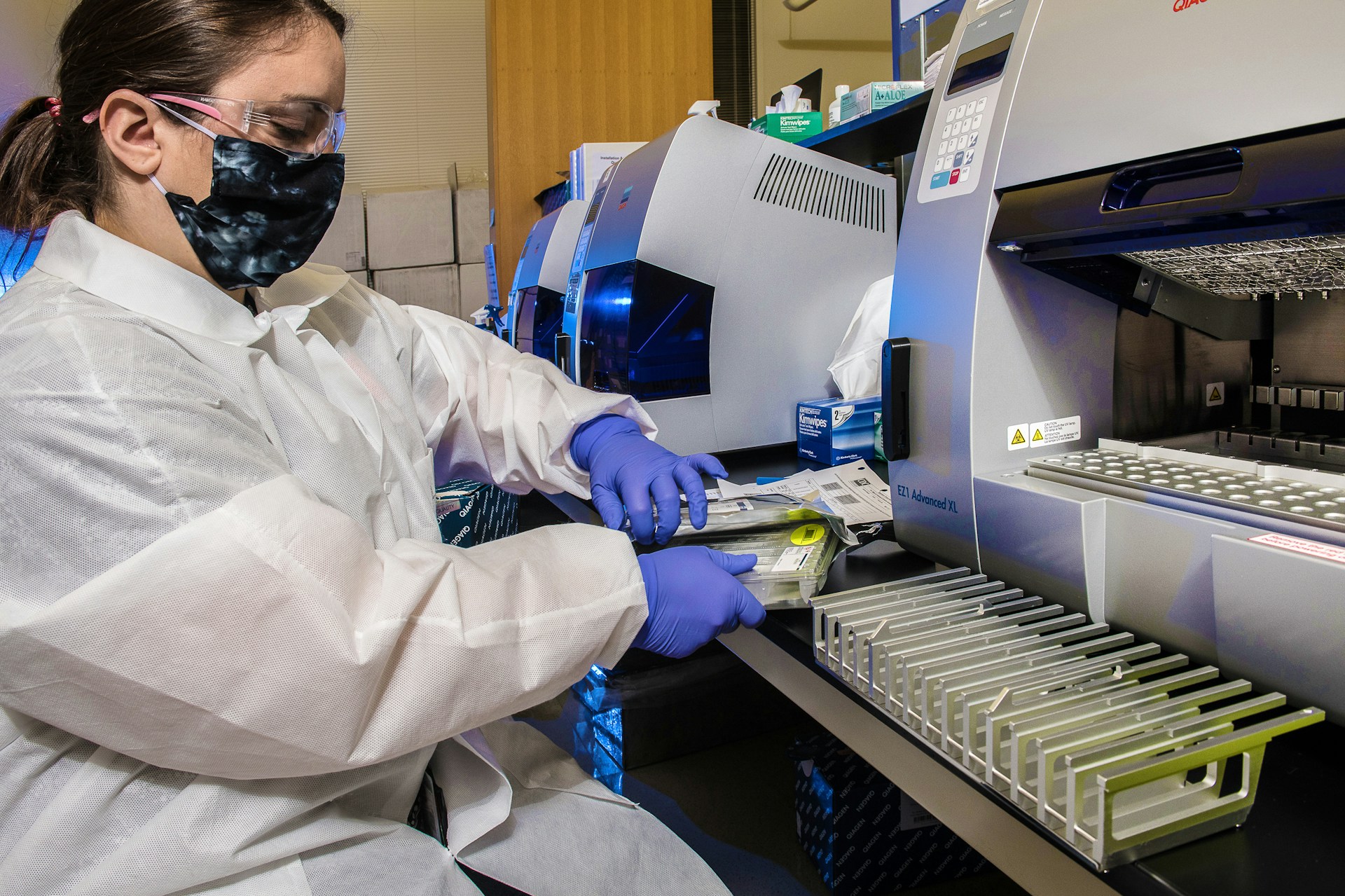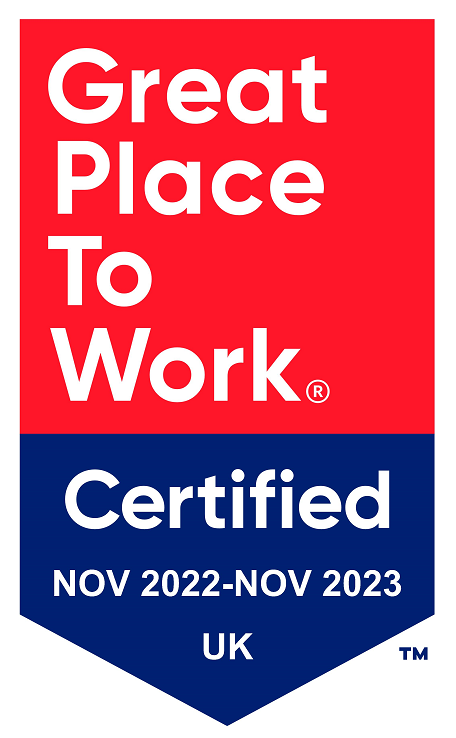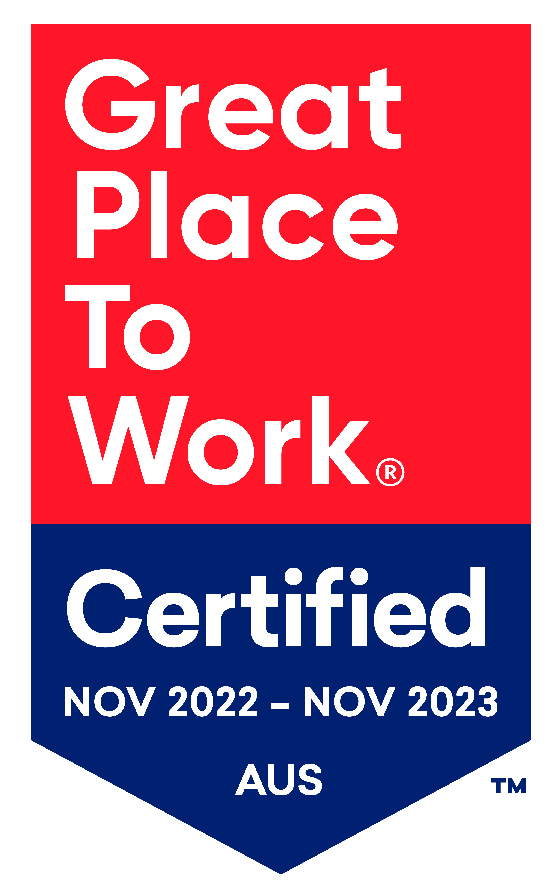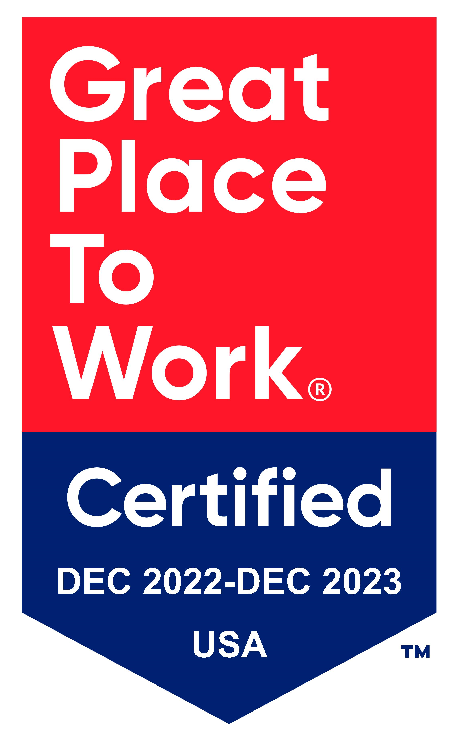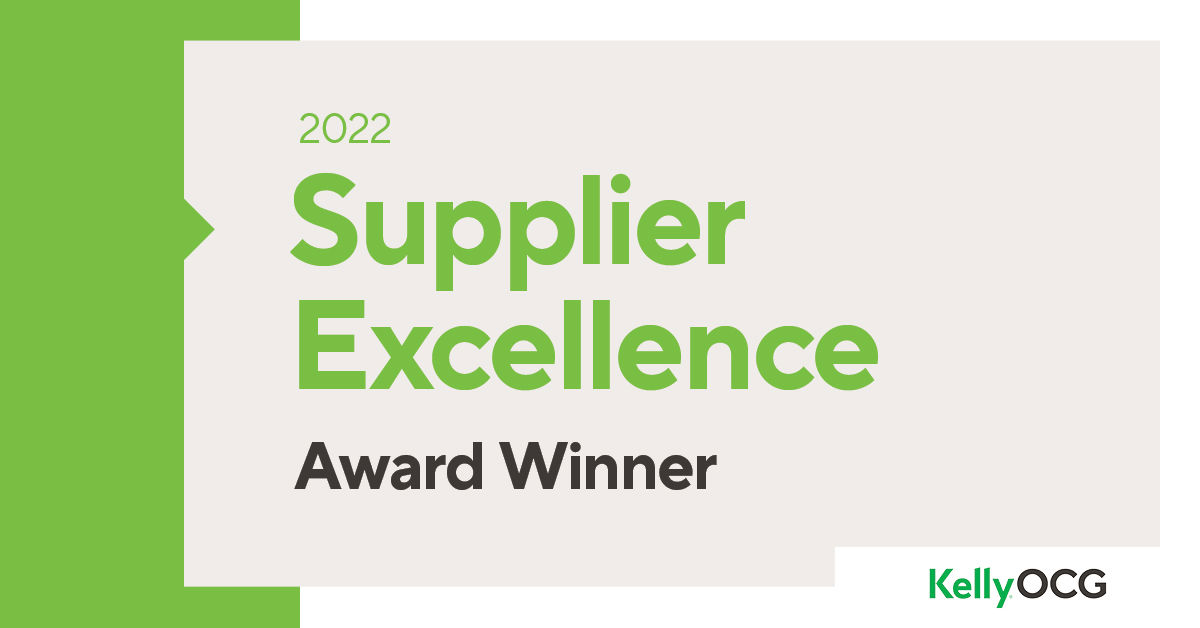Quality Assurance vs. Quality Control in Pharmaceuticals
21 Mar, 202410 minutesIt’s a common question: quality assurance vs. quality control in the pharmaceutical industry...

It’s a common question: quality assurance vs. quality control in the pharmaceutical industry. What are the differences, and why are they important? When you work in QC or QA, a huge focus of your job is to prevent mistakes and defects by adhering to the relevant regulatory body guidelines to ensure the production of safe and effective products (such as medication, for example). Not paying attention to either QC or QA can come with a significant cost, both in terms of an organisation's bottom line and their reputation.Whether it’s shards of metal and plastic where they shouldn’t be or contaminants that risk the health of consumers, not paying attention to either QC or QA can come with a significant cost, both in terms of an organisation’s bottom line and their reputation.
Product recalls related to the Food and Drug Administration’s investigation of the link between nitrosamine and cancer, for instance, means that major pharmaceutical organisations could be paying out around $45 billion due to 250 recalls being made by some of the biggest names in the industry, from GSK to Merck, Pfizer, and Teva.
In this guide, we’ll explore the differences in quality assurance vs. quality control, defining both terms and discussing their advantages before we move on to discuss how QC and QA in pharmaceuticals works. If you’re looking to learn more about why these two areas are of vital importance, make sure to read on—and check out our table on the advantages of quality control and quality assurance at a glance, located at the end of our first section.
Quality Assurance vs Quality Control: Definitions and Advantages
While they are complementary aspects of quality management, quality assurance and quality control in pharmaceuticals are two very different processes that incorporate different advantages, ensuring that healthcare providers and patients receive the best care and exceptional medications.
The debate around quality assurance vs. quality control might suggest that one is better than the other, both are crucial to driving productivity, efficiency, and safety within the pharmaceutical and drug manufacturing environments.
Quality Assurance
Within pharmaceuticals, quality assurance (QA) is a largely proactive process, focusing on preventing defects and minimising risks by ensuring improvements in manufacturing, drug development, the supply chain, and logistics—especially in the case of drugs, such as certain vaccines, which require temperature-controlled environments to prevent spoilage and unnecessary waste.
QA is often governed by an organisation’s quality assurance framework, whether that is self-imposed, or following the guidance of an industry or government body. These frameworks will often incorporate policies and procedures that are central to guaranteeing products meet the necessary standard, including clear instructions around:
- Purpose. A quality assurance framework in the pharmaceutical industry aims to give the organisation, healthcare providers, and consumers a clear assurance that drugs meet the most stringent quality standards.
- Channels. All of the logistics and supply chain information surrounding an organisation’s products should be identified, alongside the potential bottlenecks that could occur and impact production quality.
- Specific standards. Whether they’re imposed by the Medicines and Healthcare Products Regulatory Agency (MHRA), the US Food and Drug Administration (FDA), or any other regulator, QA relies on meeting the standards set out in guidance to ensure that they can take their products to market and mitigate risk.
- Metrics. The metrics a pharmaceutical firm needs to keep track of to ensure they’re providing the highest quality will be set out clearly in the quality assurance framework.
- Continuous improvement. Organisations putting a quality assurance framework in place will not want to stay with the same processes forever—even if they work well now, emerging technologies and automation will continue to make the manufacturing process safer and more efficient, so QA in pharmaceuticals will require organisations to include details on how they will continue to evolve their approach.
QA is a critical aspect of the pharmaceutical industry, giving consumers confidence that the medications and therapeutic drugs they require to remain healthy are safe and that manufacturing and drug development processes are cost-effective and profitable. It is also of vital importance within the regulatory affairs environment for pharmaceuticals and the MedTech industry, helping to ensure that organisations can secure regulatory approval to go to market with new developments.
The Advantages of Quality Assurance
So, what are the advantages of quality assurance? QA in pharmaceuticals offers several commercial and consumer benefits, ensuring that potentially costly—or dangerous—faults and recalls are avoided from the start of the manufacturing process and that all procedures are guided by best practice.
This results in enhanced customer satisfaction, making certain that when a pharmaceutical product reaches a consumer, it meets or exceeds the level of quality they expect. At the same time, it also improves employee morale and accountability within the pharmaceutical industry—helping to avoid unsafe working practices, highlighting hazards, and putting their responsibilities into the bigger picture—which means that the manufacturing and drug development environment are in the ideal condition for productivity.
In short, QA is vital for continued competitiveness within a dynamic and fast-paced market where consumer and healthcare demands rapidly shift. By establishing a trustworthy reputation, pharmaceutical organisations can create brands and products that people want to buy and use.
Quality Control
So, what about quality control in the pharmaceutical industry, in that case? As we’ve already mentioned, it’s not really a case of quality assurance vs. quality control, and both are required within the drug development and manufacturing environment to ensure patient satisfaction and a high level of safety.
Quality control is, in one sense, the “other side of the coin” to quality assurance within the quality management workflow—where the quality assurance framework acts as a proactive guide for companies to follow to ensure procedures are safe and efficient, quality control instead guides the reactive inspection of medications and other products to ensure that they’re meeting the standards that have been formalised during the QA process.
In short, QC and QA have a symbiotic relationship, with one informing the other and the advantages of one not cancelling out the other.
The Advantages of Quality Control
The advantages of quality control are numerous, from helping to increase the efficiency of processes during the manufacturing stage to identifying areas for urgent or planned improvement, helping to streamline operations and enhance productivity—and, therefore, profitability.
Without quality control in the pharmaceutical industry, the metrics, processes, and procedures set out in any QA frameworks would be untrackable, meaning that business leaders and professionals alike would be unsure if they were meeting the targets that they and their regulatory bodies had set out.
If QC is conducted early in production, it can help to highlight defects before products make their way to consumers—reducing waste and avoiding the potentially costly risk of recall or even litigation.
Quality control helps to guarantee that professionals employed across the production and manufacturing environment always keep quality in mind since their work will be inspected. This helps a pharmaceutical organisation understand where weaknesses and skills gaps may lie in their workforce and offer training, learning, and development to assist in resolving issues as they arise.
Much like QA in pharmaceuticals, QC is a vital part of the puzzle in ensuring that products exceed the standards expected by patients, healthcare providers, and regulatory agencies alike, building trust within the industry and improving the company's general reputation within public and professional circles.
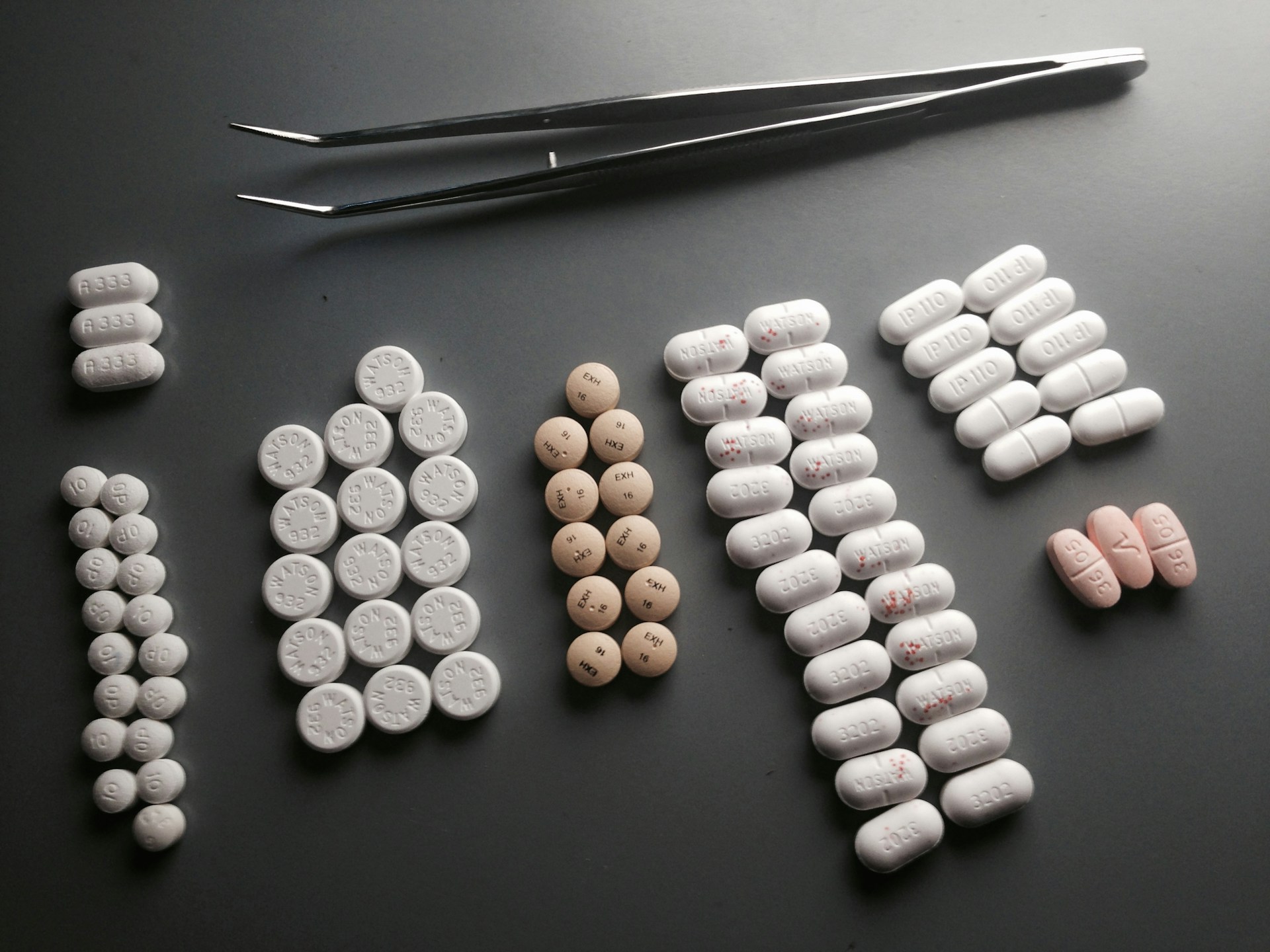
Quality Assurance vs Quality Control: At a Glance
As we hope to have made clear, it’s not really a case of quality assurance vs quality control, but rather a case of quality assurance and quality control. Here are the advantages of quality control and assurance at a glance:
The Advantages of Quality Assurance | The Advantages of Quality Control |
|---|---|
Enables the proactive avoidance of costly and dangerous faults | Increases process efficiency and streamlines operations during manufacturing |
Enhances customer satisfaction | Allows for tracking and evaluation of metrics set out in the quality assurance framework |
Improves employee morale and accountability through a safer pharmaceutical environment | Early defect detection stops faulty products from reaching consumers and healthcare practitioners |
Offers organisations a competitive edge in a rapidly fluctuating and litigious market | Lends itself to a culture of learning and development by highlighting weaknesses |
Increases brand and product reputation and trustworthiness | Contributes to the reputation for quality set out in the QA framework |
If you’re interested in learning more about the specific work that QA and QC professionals do in the industry, see our recent guide on How to Become a Quality Assurance Manager in Pharmaceuticals for expert insights into the day-to-day duties, responsibilities, and qualifications expected of these individuals.

How QC and QA in Pharmaceuticals Works
Pharmaceutical quality management is a growing market, expected to expand to a global value of $9.69 billion by 2027 from its current value of around $6.95 billion. As we begin to lead longer lives—some of which is likely to be in sub-optimal health—the role of QA and QC professionals in ensuring the medications we need to remain free from illness will continue to be vital.
Now that we’ve understood the debate around quality assurance vs. quality control, we can closely examine how the process actually works within the pharmaceutical industry.
QA in Pharmaceuticals
As we’ve mentioned, QA is a long-term process covering the entire development cycle, from ideation, research, and development all the way through to regulatory approval, storage, and logistics. It’s focused on preventing issues that can harm patients, business reputations, and the employees working for a pharmaceutical firm, ensuring that products and production processes are as risk-free as they can possibly be.
Quality assurance frameworks are often created as a set of standard operating procedures (SOPs) that align with the ISO 9000:2015 principles on quality management systems. In short, these ensure:
- Pharmaceutical organisations seek sustainable growth through the implementation of a robust quality management system
- Customers and healthcare practitioners can have confidence in a firm’s ability to provide consistent and safe products that conform to their established requirements
- Businesses can meet demand by having confidence in their supply chain and logistics processes
- Organisations can improve communication around quality by using a “common vocabulary” when they’re discussing matters of quality management
- Training, learning, and professional development in quality management can be provided to employees and business leaders alike
QA in pharmaceuticals is process-oriented and focuses on preventing quality issues before they ever arise—of course, it’s possible and even likely that nothing can be done to stop all quality issues since humans and the manufacturing environment alike are fallible, which is where QC comes into play.
QC in Pharmaceuticals
When it comes to the quality assurance vs. quality control relationship, QC is certainly on the short-term side of the equation, ensuring that costly mistakes are avoided, and safety-critical checks are in place at the “end” of the production process—albeit the checks may well occur at any stage of manufacturing.
QC ensures that quality issues in pharmaceutical drugs are identified. Whether they’re safety-critical or will simply harm consumer satisfaction—if, for instance, a pill that should be able to be split has been manufactured without a score down the middle—QC ensures that these products meet the standards set out in a quality assurance framework.
Quality control in the pharmaceutical industry has a number of steps, including:
- Raw materials testing. One of the advantages of quality control is that organisations can run QC tests at any stage in the manufacturing process, with professionals' ability to ascertain the quality of raw materials before they ever go into production, minimising waste.
- Mid-process testing. During the manufacturing of pharmaceutical drugs, samples will be taken and tested to ensure that the organisation’s stringent guidelines are being met.
- Tests on the finished product. Before being sent for storage, shipping, and eventual distribution to the end consumer, tests will be run to again ensure that the guidelines set out in the quality assurance framework are satisfied.
- Stability testing. Therapeutic drugs must be stable over time and not degrade under normal conditions unless otherwise indicated—in the case of vaccines which require cold chain management, for instance—which quality control in the pharmaceutical industry helps to ensure.
- Traceability. One of the advantages of quality control is that all samples and drugs tested within the process will be traceable and accounted for, with accurate test records kept for consumers, healthcare providers, and regulators able to access this information.
The steps taken to ensure quality control in the pharmaceutical industry are vital to ensuring that organisations do not open themselves up to the risk of reputational or financial damage—with a recent drug recall by Johnson and Johnson losing the company an estimated $600 million by some estimates—and maintain a high level of safety, ensuring that consumers and the healthcare industry at large can trust their products and hold them in high regard.

Quality Assurance vs Quality Control: Key Takeaways
The ongoing discussion surrounding quality assurance vs. quality control in the pharmaceutical industry underscores their distinct but interdependent roles. Whilst QA in pharmaceuticals takes a proactive stance, focusing on preventing defects and mitigating risks, quality control in the pharmaceutical industry plays a crucial reactive role in ensuring that raw materials and finished products meet the standards established within an organisation’s quality assurance framework.
The advantages of quality control are clear, from increased process efficiency and the identification of areas for improvement to its contribution to streamlined operations and greater profitability. QC serves as the vital bridge between established quality standards and the actual inspection of pharmaceutical products, detecting issues early in production to reduce waste, avoid costly recalls, and minimise the danger of litigation.
Together, QA and QC form a symbiotic partnership within the pharmaceutical quality management system. This approach enhances customer and healthcare practitioner satisfaction, helps businesses maintain a strong industry reputation for safety, and keeps organisations competitive in a rapidly evolving market.
In this dynamic landscape, embracing both QC and QA in pharmaceuticals is essential for building trust with consumers, healthcare professionals, and regulatory agencies alike, ultimately ensuring success and profitability.
Discover Roles in QC and QA in Pharmaceuticals
At i-Pharm Consulting, our consultants are committed to changing lives and putting talented, ambitious people at the heart of the life sciences industry. Whether you’re looking for a position or you’re searching for an executive to lead your business and guarantee competitiveness, we’ve got access to the world’s best roles.
Discover our latest life sciences jobs, or get in touch with us, and we’ll work together to make a difference.
